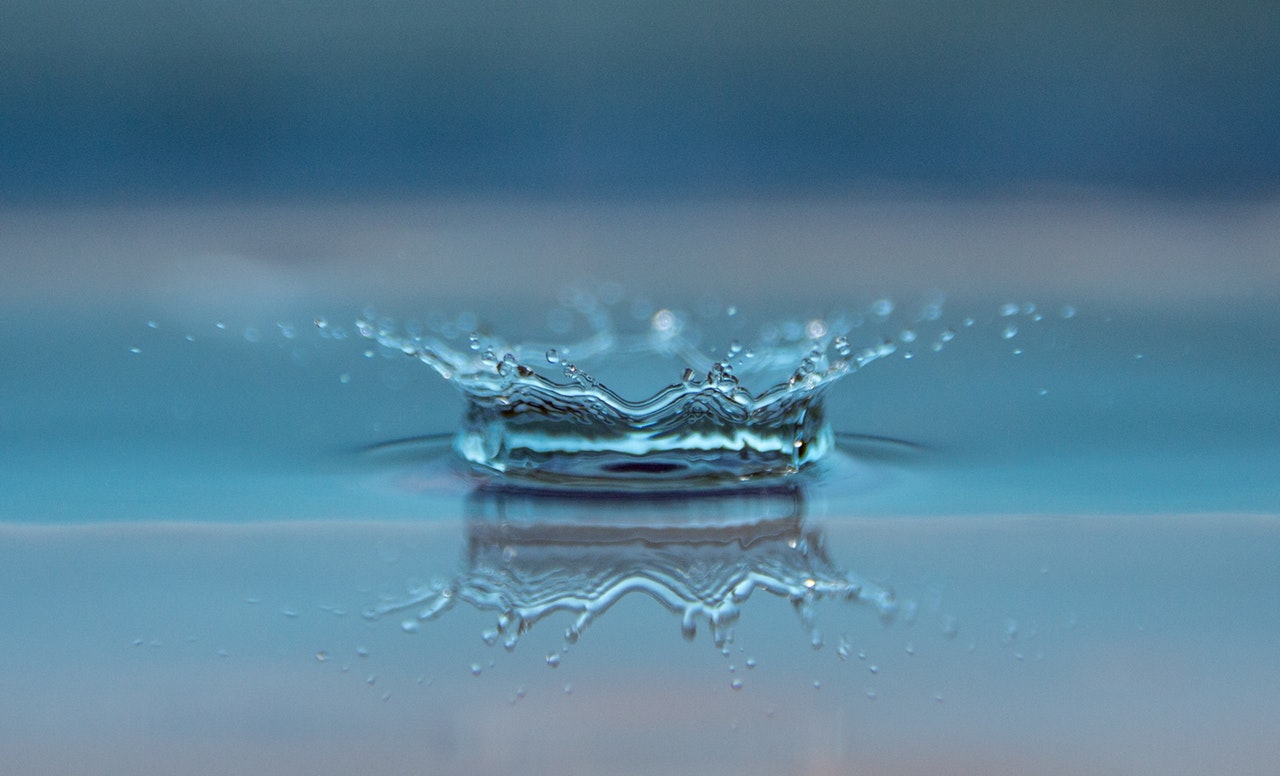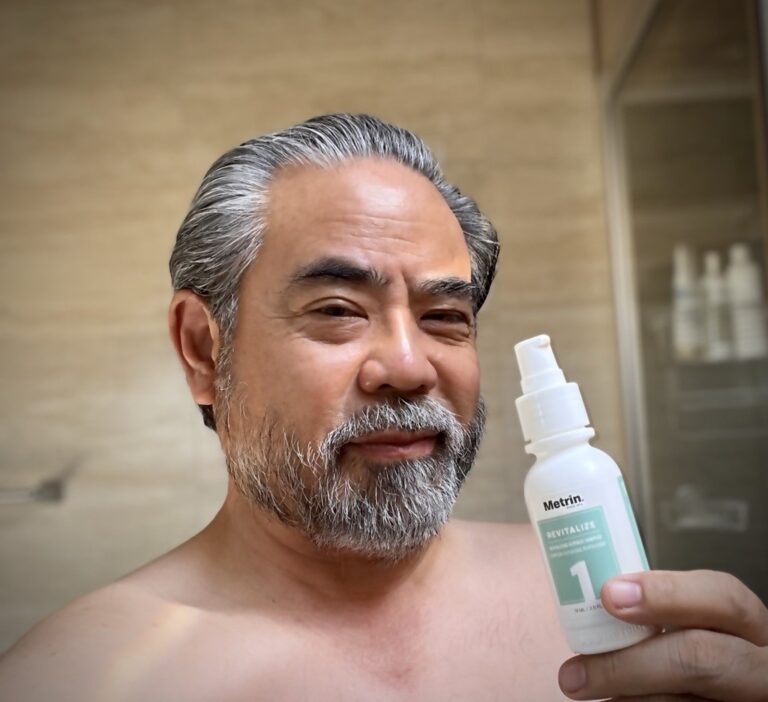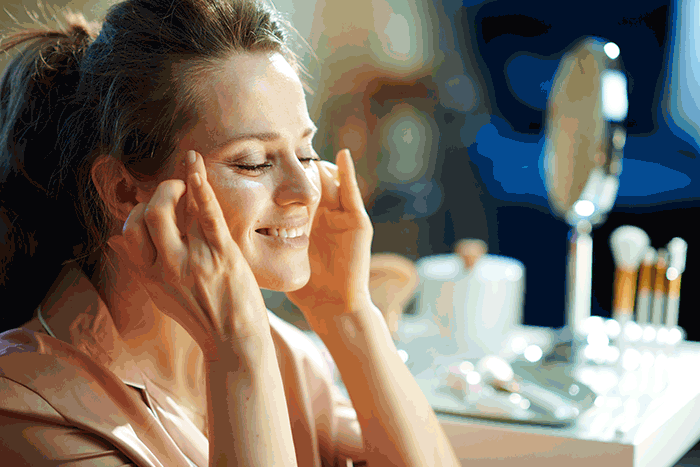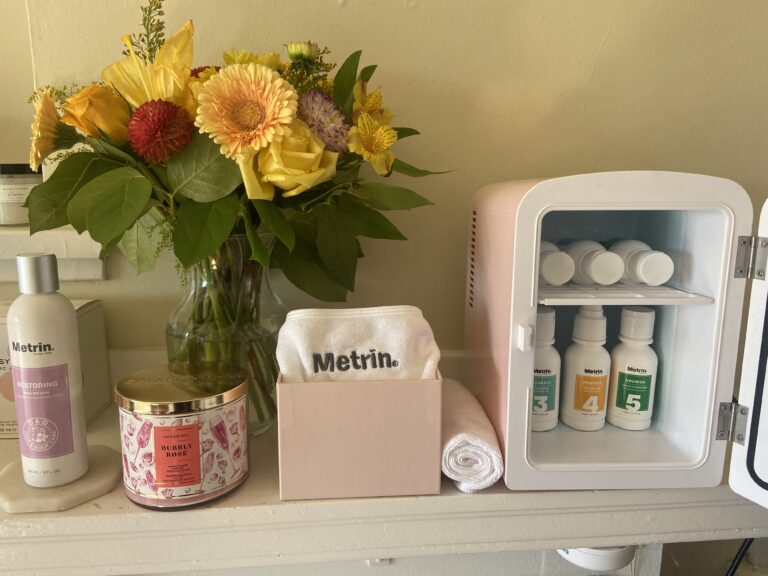Why Skin Care Products Should Contain Parabens
We’ve talked a lot about misinformation regarding skin care products. A big part of the confusion is when it comes to ingredients. In recent years, there’s been concern about the amount and effect of an ingredient known as parabens commonly contained in many personal care and food products.
Preservative
First off, parabens are a common type of preservative mostly associated with cosmetics that basically keep products fresh. They keep them safe to use and prevent bacteria from appearing.
Parabens stop fungus, bacteria, and other microbes from growing in creams and makeup particularly in warm or moist surroundings. Where there’s water, there’s preservatives like parabens. They have been widely in use in a variety of products including the majority of cosmetics. They have proven to be an inexpensive and effective way to preserve products.
It may seem ironic but parabens are a naturally occurring chemical produced by vegetables and fruits (soy, beans, flax, cherries, blueberries, carrots, and cucumbers). There is exhaustive data spanning decades on their safe usage.
Misconceptions
Misconceptions can lead to misinformation and confusion. Parabens have been a safe staple ingredient for many years. They have been in commercial use since the 1950s to prevent bacteria acting as a preservative in products from deodorants to lotions, lipsticks, shampoos, and so on.
While it is true parabens can mimic the activity of the hormone estrogen in the body’s cells which is a concern for developing breast cancer, there has been no conclusive data to suggest they are anything less than safe to use as suggested by different international regulatory bodies.
Any possible connections are far from proven and don’t appear to be as risky as many other prevalent substances in everyday products. Any products you use to replace those with parabens will likely have other potential concerns possibly without any of the benefits.
So while parabens can mask certain traits of estrogen affecting breast cancer tissues, the fact is parabens appear naturally and are consumed harmlessly in so many things outside of formulated products. Also, while direct consumption and direct usage of parabens could lead possibly lead to problems, the minimal amount contained in personal care products do not pose a significant health risk and have been deemed safe to use over many years.
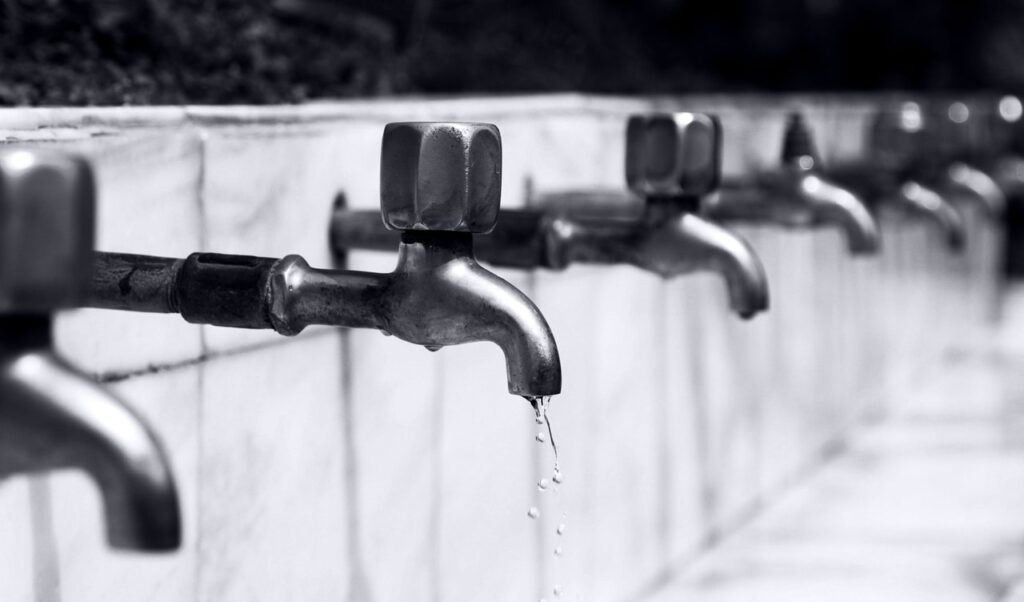
Safe and Sound
In short, parabens should be a part of your skin care to make sure your products are fresh, safe to use, and bacteria free. Like anything you consume or put into/on your body, there are trade-offs. Just like some medicines help you in one way but may hurt you in another, preservatives aren’t perfect. However, parabens have a long history of safe and effective use without any conclusive or long-term studies showing clear negative consequences. The benefits are clear and frankly, there are no better alternatives without likely worse consequences.
International safety organizations like the American Cancer Society, the FDA, the Scientific Committee on Consumer Safety, Health Canada, and the Personal Care Products Council have all concluded parabens are safe to use in consumer products and do not increase one’s risk of developing cancer. It’s important to remember this 50-year history of credentialed safe usage in a wide variety of consumer products. New ingredients, even well-tested ones, lack this sort of history and extensive testing by multiple government and independent scientific/medical agencies.
Ironically, parabens are a key element in your cosmetic, health, beauty, and other personal care products to make sure they are properly safe to use and maintain freshness. Without preservatives, everyday items like cleansers, lotions, and toners would become overwhelmed with bacteria, mold, and fungus. These are obviously immediately harmful to the skin, eyes, and mucous membranes.
Always keep in mind the full weight of any ingredient before suggesting any danger to using it. We always say it’s important to know what you are putting on or inside your body, but just as you should beware of claims from magical cure-all ingredients, also be wary of claims against the longstanding use of others. Products marketing themselves as “paraben-free” are marketing claims designed to capitalize on misinformation. Purely removing an ingredient that has a clear function does not make a product better on its own.
Found this blog informative? Explore the rest of our blog posts here.
Source: PubMed / Beautiful With Brains

